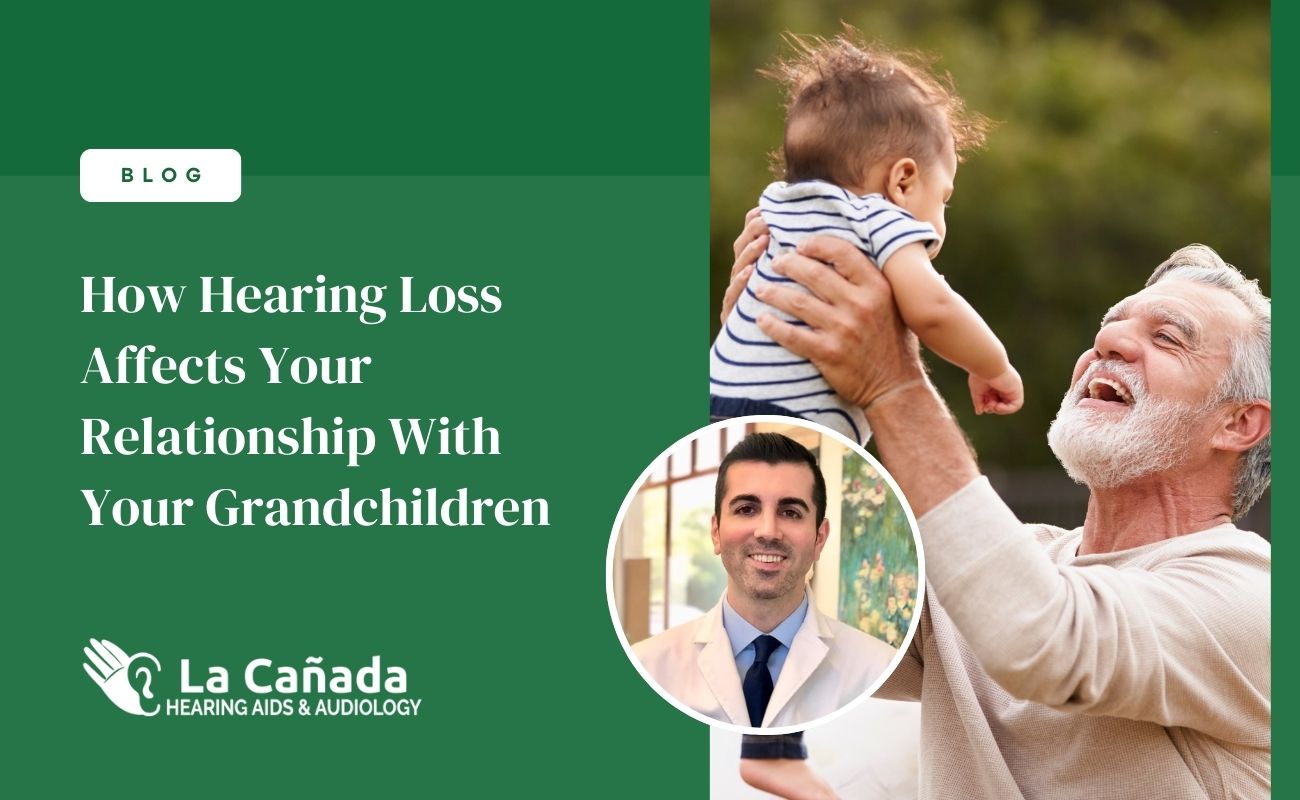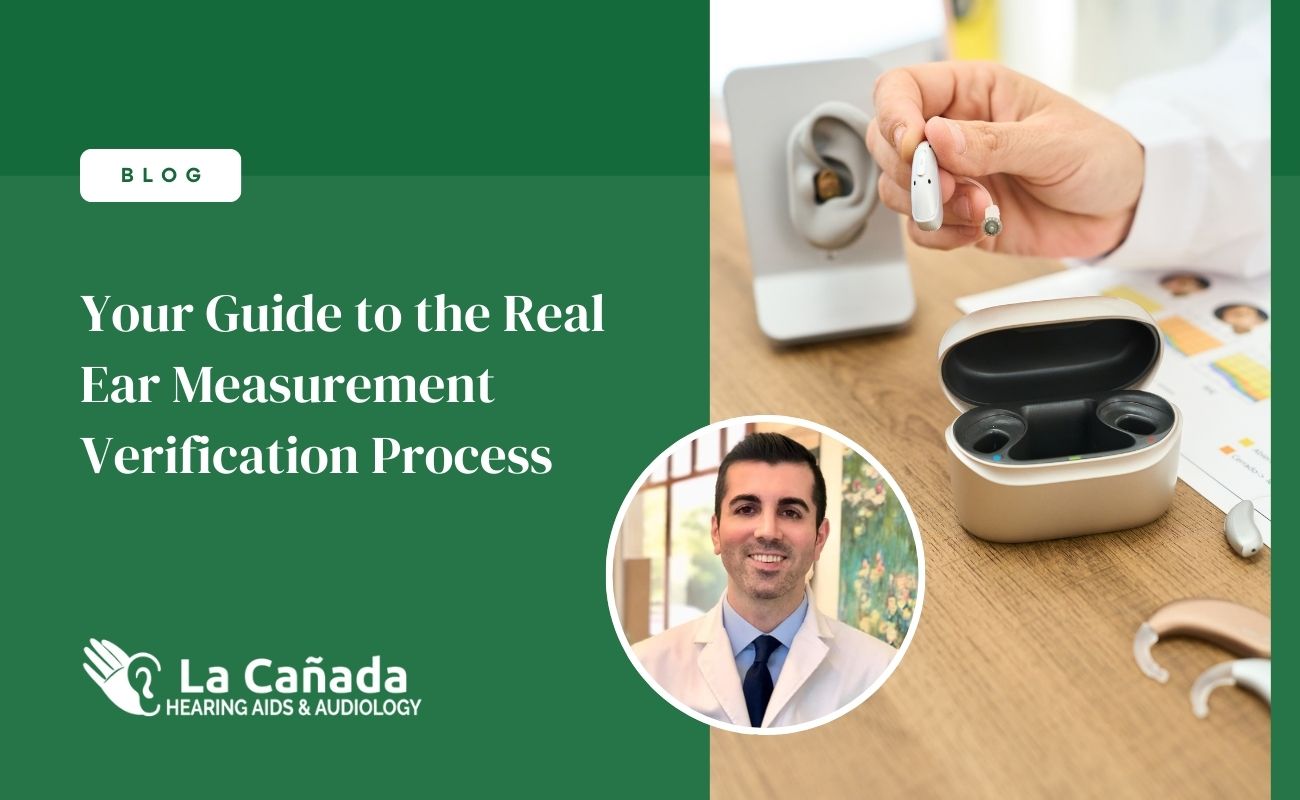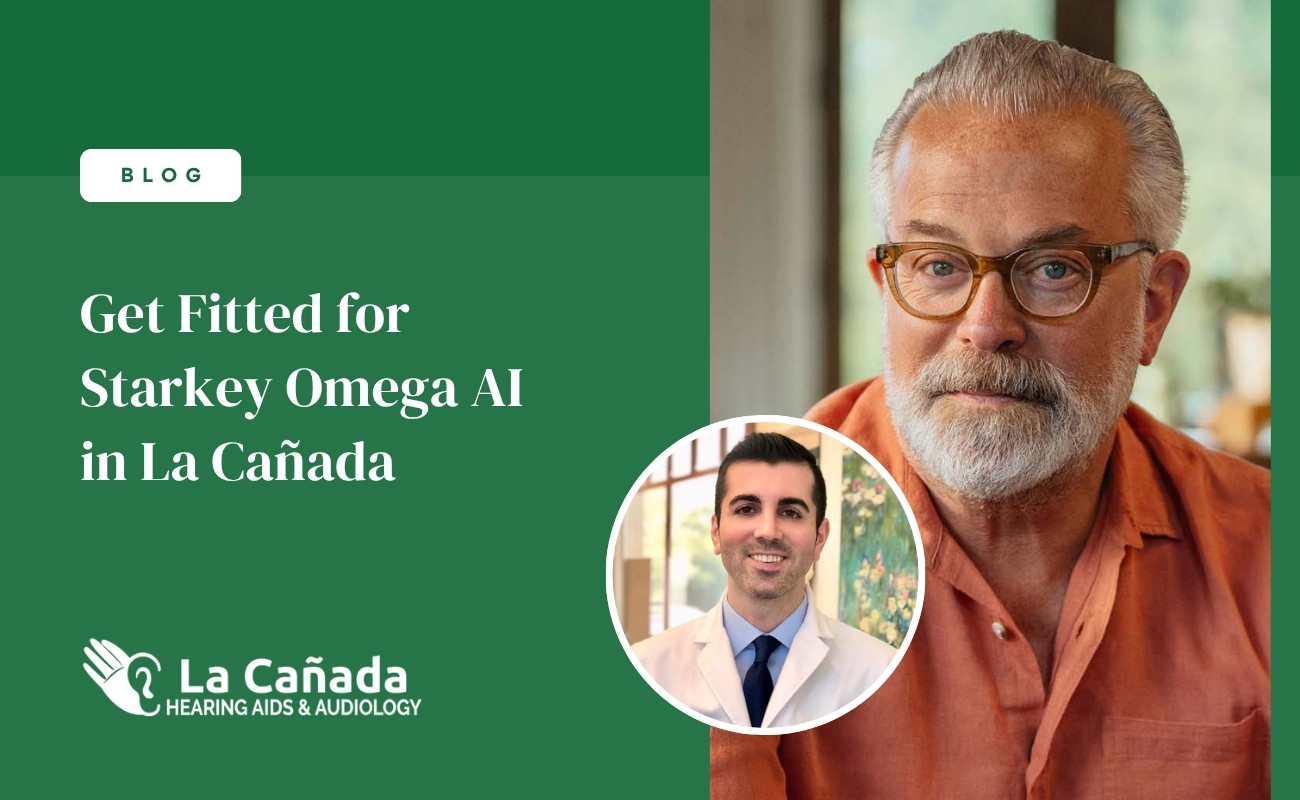Hearing loss is reaching epidemic levels in the United States. One third of adults over 65 years old has some degree of hearing loss, and one out of every two people over the age of 75 have difficulty hearing. Hearing loss is the third most reported chronic condition in this country. So why don’t we have more collective efforts to educate the public and intervene in hearing loss? Perhaps it is because hearing loss isn’t a fatal condition. It does, however, impact the daily lives of millions, not to mention the burden of mental, emotional and physical stressors. One way we can intercede in the way hearing loss affects our lives is to better understand the way it works and the impact hearing loss has in its various degrees.
Causes of hearing loss
Hearing loss occurs because of a variety of reasons. Some people are born with congenital hearing loss, which could be hereditary or the result of conditions prior to birth. Noise-induced hearing loss can occur suddenly and traumatically with an extremely loud sound such as an explosion or accident. Noise-induced hearing loss might also happen slowly, over time with repeated exposure to too loud sounds, such as in factory work or military service.
Age related hearing loss is one of the most common causes of hearing loss. This type of hearing loss occurs along with the normal process of aging. One of the reasons that the number of people with hearing loss is increasing dramatically is due to the Baby Boomer population entering the era of life in which age related hearing loss is present.
Diagnosing hearing loss
One of the complications in diagnosing hearing loss has to do with the ways that many incidences of hearing loss occur slowly and over time, as is the case with some noise-induced hearing loss and age related hearing loss. When the sensitive cells of the inner ear are damaged, due to aging or too loud noise, hearing loss begins as a loss of certain frequencies. This means that most normal volume is still available, but it might seem that people are mumbling instead of speaking clearly, making verbal communication increasingly difficult to understand. People can go for years making small adjustments to their lifestyle and communication habits before proper diagnosis of hearing loss is attained. Self diagnosis of hearing loss is almost impossible.
See an Audiologist
Seeing an experienced audiologist for a hearing test can eliminate any uncertainty about whether hearing loss is impacting your life. Audiologists are highly trained professionals with advanced degrees in hearing health. They can determine if hearing loss is present and to what degree it’s appearing.
Degrees of hearing loss
Hearing loss isn’t a pass/fail test. Instead, hearing loss is divided along a spectrum ranging from
Mild to Profound, with a few stops along the way.
Mild hearing loss
This type of hearing loss is most common, as it’s the threshold level of hearing loss. For that reason, it’s often present without being diagnosed. People with Mild hearing loss have trouble hearing more subtle sounds, though healthy hearing would perceive them. This might include whispers or other’s breathing. It might also mean that you are okay with one-on-one conversations, but have trouble hearing in noisy environments with a lot of background noise.
Moderate hearing loss
Conversations will be difficult without hearing aids if you have this type of hearing loss. This type of hearing loss obscures sound between 40 to 60 decibels. This sound level is typical of a quiet office or birdcalls.
Severe hearing loss
This type of hearing loss is exactly as it sounds. Any sound under 80 decibels will be imperceptible to you. Those might include a vacuum cleaner, garbage disposal or blender at close range.
Profound hearing loss
The most extreme type of hearing loss, profound hearing loss, means that only extremely loud sounds can be heard. Those with this type of hearing loss cannot hear sounds below 95 decibels. To put that into perspective, a jackhammer measures at about 100 decibels.
Schedule a hearing test
Any type of hearing loss will certainly impact daily communications. Getting an accurate diagnosis of the degree of hearing loss interfering in your ability to connect with others is the first step towards intervention, which can greatly improve your quality of life and relationships with loved ones. Contact us to schedule a hearing test today!


.webp)





